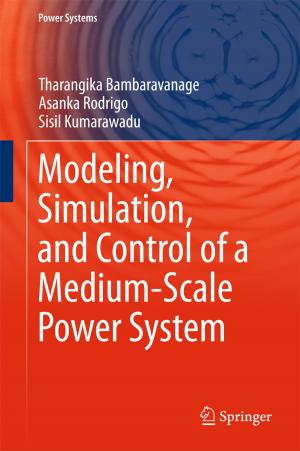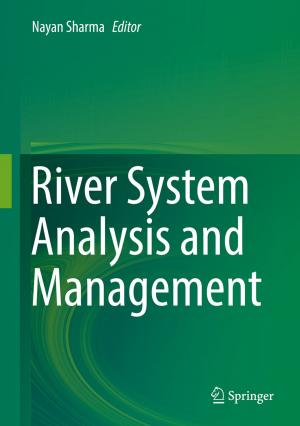Continuum Damage and Fracture Mechanics
Nonfiction, Science & Nature, Technology, Material Science, Science, Physics, Mechanics| Author: | Andreas Öchsner | ISBN: | 9789812878656 |
| Publisher: | Springer Singapore | Publication: | October 15, 2015 |
| Imprint: | Springer | Language: | English |
| Author: | Andreas Öchsner |
| ISBN: | 9789812878656 |
| Publisher: | Springer Singapore |
| Publication: | October 15, 2015 |
| Imprint: | Springer |
| Language: | English |
This textbook offers readers an introduction to fracture mechanics, equipping them to grasp the basic ideas of the presented approaches to modeling in applied mechanics
In the first part, the book reviews and expands on the classical theory of elastic and elasto-plastic material behavior. A solid understanding of these two topics is the essential prerequisite to advancing to damage and fracture mechanics. Thus, the second part of this course provides an introduction to the treatment of damage and fractures in the context of applied mechanics
Wherever possible, the one-dimensional case is first introduced and then generalized in a following step. This departs somewhat from the more classical approach, where first the most general case is derived and then simplified to special cases. In general, the required mathematics background is kept to a minimum
Tutorials are included at the end of each chapter, presenting the major steps for the solution and offering valuable tips and tricks. The supplementary problems featured in the book
This textbook offers readers an introduction to fracture mechanics, equipping them to grasp the basic ideas of the presented approaches to modeling in applied mechanics
In the first part, the book reviews and expands on the classical theory of elastic and elasto-plastic material behavior. A solid understanding of these two topics is the essential prerequisite to advancing to damage and fracture mechanics. Thus, the second part of this course provides an introduction to the treatment of damage and fractures in the context of applied mechanics
Wherever possible, the one-dimensional case is first introduced and then generalized in a following step. This departs somewhat from the more classical approach, where first the most general case is derived and then simplified to special cases. In general, the required mathematics background is kept to a minimum
Tutorials are included at the end of each chapter, presenting the major steps for the solution and offering valuable tips and tricks. The supplementary problems featured in the book















